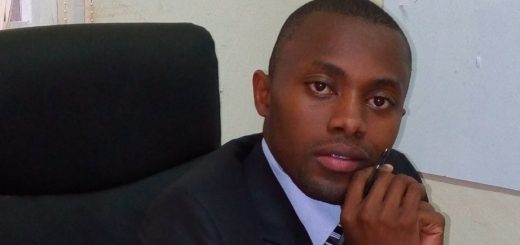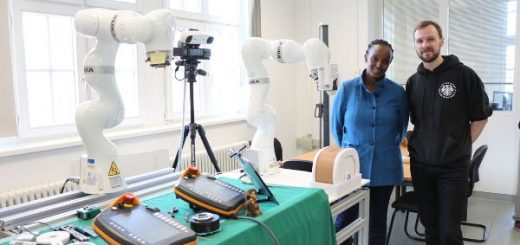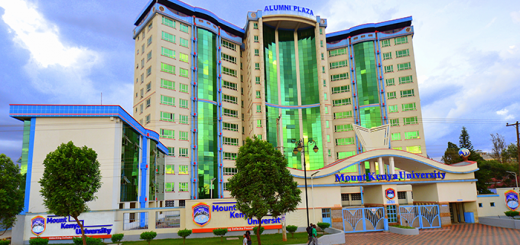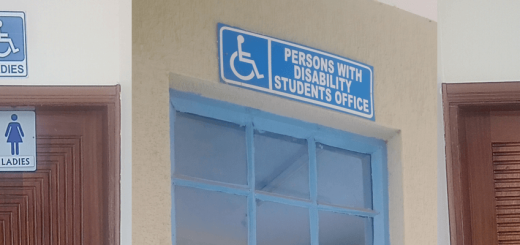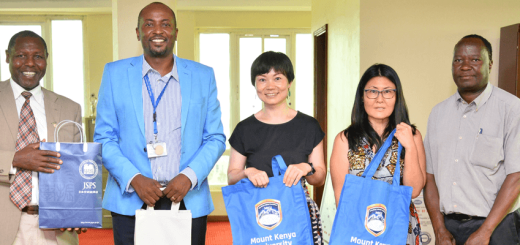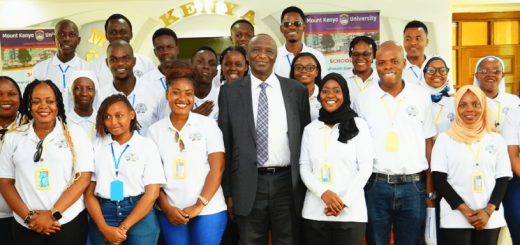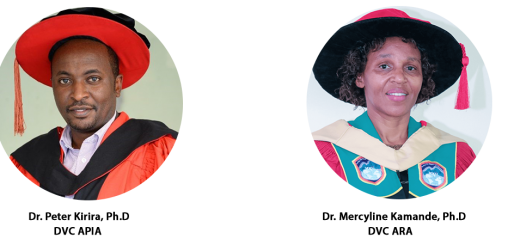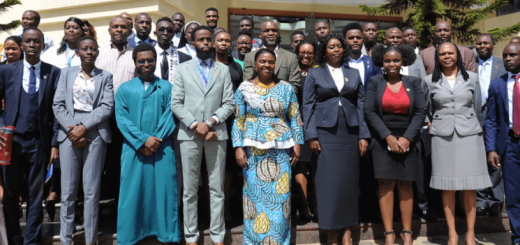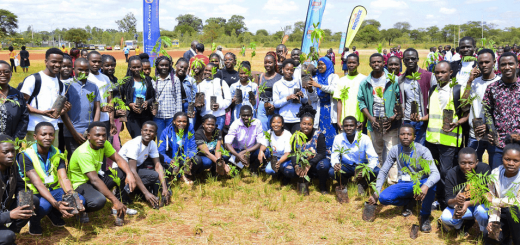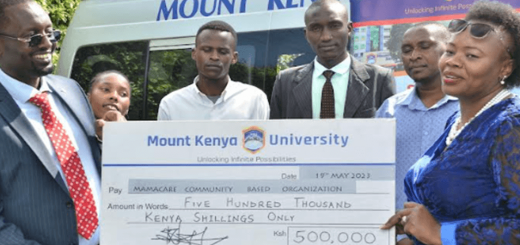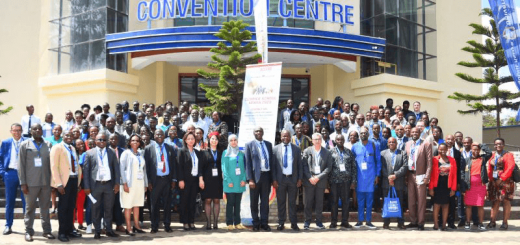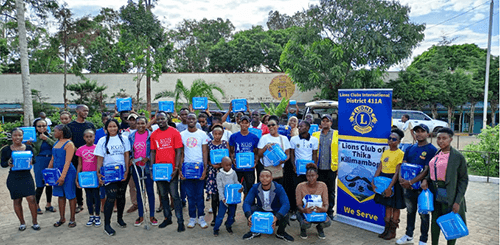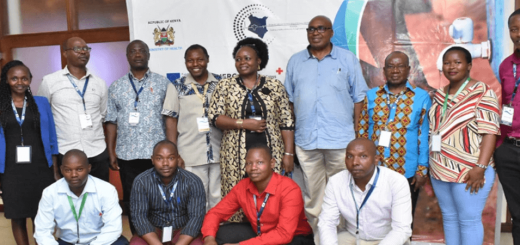Mount Kenya University is hosting a four (4) days training workshop (3rd Tuesday – 6th Friday, September 2019) as part of the British Council two-year pilot programme on Cultural Heritage for Inclusive Growth (CH41G), working in Columbia, Kenya and Vietnam, to explore the use of cultural heritage for growth to benefit all levels of society.

Participant during the Mount Kenya University Cultural Heritage Training Workshop take a group photo
The University of the West of Scotland (UWS) and Mount Kenya University (MKU) was tasked by the British Council to spearhead the “learning” intervention of the programme, which involves training, skills development, capacity building, networking and educational outreach.
The training which is taking place at senate boardroom has been attended by 100 delegates from public organisations, Non-Governmental Organisations, Community Based Organisations (CBO), Civil Society Organisations (CSOs), the private sector as well as individuals in their private capacities.
The training workshop is been facilitated through presentations, activities, and exercises geared towards knowledge and skills acquisition. A team of experts from Mount Kenya University led by Prof. Kennedy Mutundu, Dr. Mary Mugwe, Dr. Peter Kirira, Dr. Peter Wekesa, and David Ngira and the University of the West of Scotland Prof. Gayle McPherson, Dr. Allan Moore, and Dr. Steve Collins are facilitating the training workshop.
The training has also been attended by expert of cultural heritage in Kenya led by the Chief Guest, Dr. Kiprop Lagat , Director of Culture, Ministry of Sports, Culture and Heritage and other experts such as Ms. Emily Njeru, Deputy Director, Kenya National Commission for UNESCO, Dr. Freda Nkirote , Country Director, British Institute in Eastern Africa, and Mr. David Waweru Director/CEO, WordAlive Kenya.
There is great potential for cultural heritage around the three main drivers for growth in Kenya: technology, shifting patterns of consumption, and sustainable tourism. Through creating links between cultural heritage, creative economy and tourism, cultural heritage can be reactivated in contemporary culture, stimulating creativity and accessibility. There is also an opportunity in increasing the accessibility and engagement of Kenya’s museums and library spaces. This includes representing women, youth and people in museum collections and programmes, as well as ensuring representation of women within the leadership of institutions.
The programme in Kenya will focus on four key interventions. These are:
- Valuing: activities that influence community engagement, social action and policy influence
- Protecting: working on preservation, conservation, archiving, heritage management and place-making
- Learning: training, skills development, capacity building, networking and educational outreach.
- Sharing: increasing access, creating spaces and platforms, fostering dialogue and exchange, outreach initiatives.


